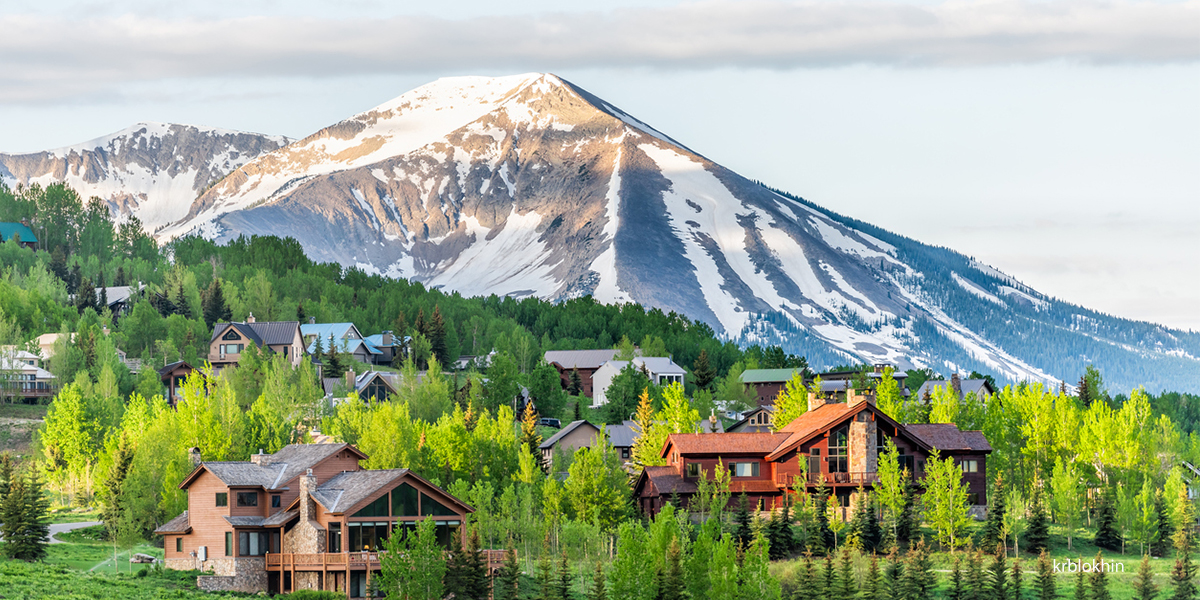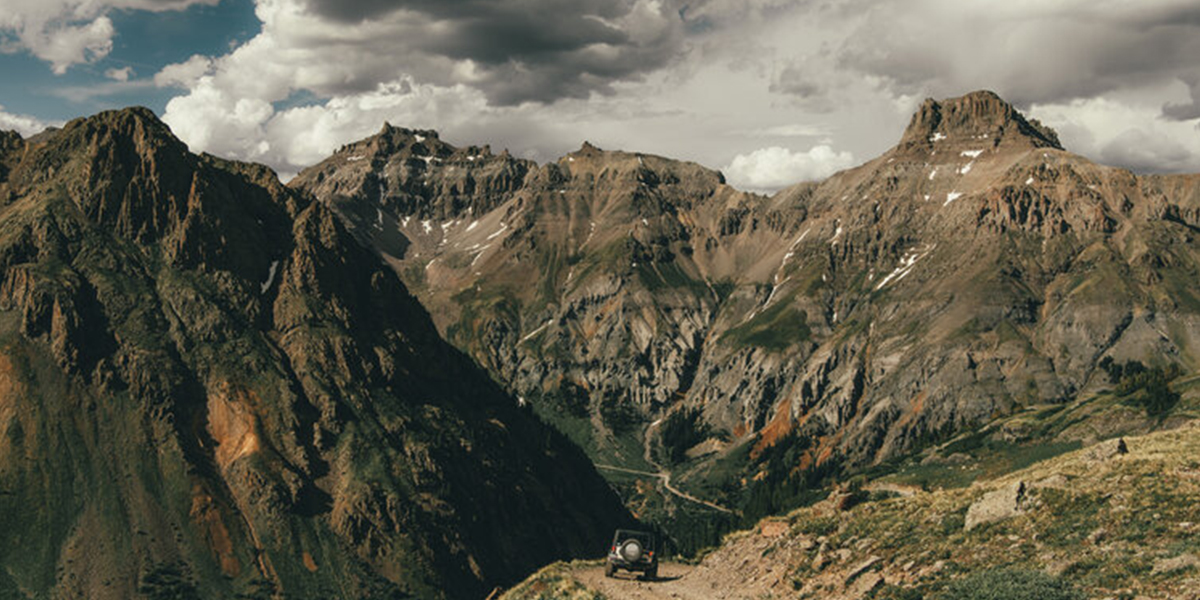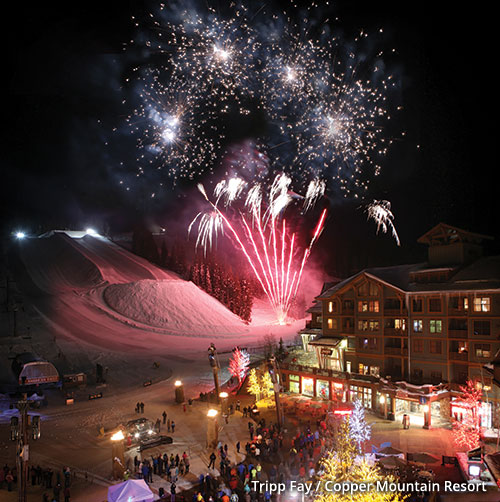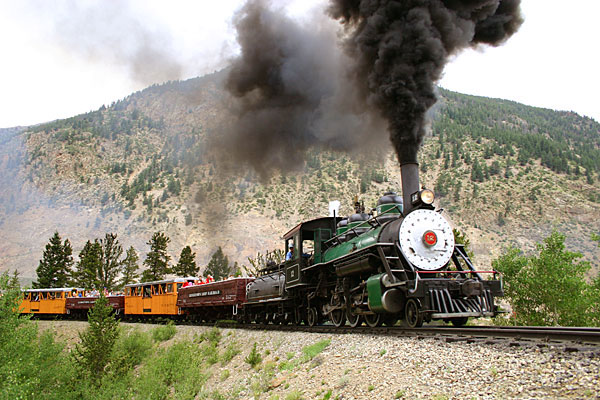Investing in Colorado Real Estate, the Outdoor Recreation Appeal
Colorado Real Estate and Outdoor Recreation
Owning Colorado real estate is renowned for access to outdoor recreation, experiencing the majestic Rocky Mountains, and living the mountain lifestyle. It’s a haven for outdoor enthusiasts and nature lovers. The state’s unparalleled access to diverse outdoor recreation opportunities has made it a prime destination for tourists and residents. This, in turn, has spurred significant interest in Colorado’s real estate market. For investors, the appeal of outdoor recreation is a powerful driver that enhances the value and demand for properties across the state. This guide will explore the various facets of this trend and why investing in Colorado real estate, focusing on outdoor recreation, is a wise decision.
The Allure of Colorado Real Estate and Natural Beauty
A Year-Round Playground
Colorado’s geography offers a diverse range of recreational activities throughout the year. In the winter, the state’s world-class ski resorts, such as Aspen, Vail, and Breckenridge, attract visitors worldwide. These resorts offer skiing and snowboarding, luxury amenities, and vibrant local communities. During the summer, Colorado transforms into a paradise for hikers, mountain bikers, and every type of outdoor recreation you can think of. With over 300 days of sunshine annually and an extensive network of National and State Parks, National Forests, wilderness areas, many lakes, and whitewater rivers, finding your passions in Colorado is easy.
National and State Parks
Colorado has four National Parks: Rocky Mountain, Mesa Verde, Great Sand Dunes, and Black Canyon of the Gunnison. Each park offers unique landscapes and activities, from the towering peaks and alpine lakes of Rocky Mountain National Park to the ancient cliff dwellings of Mesa Verde. In addition, the state boasts 42 State Parks that provide ample opportunities for fishing, boating, and wildlife viewing. Proximity to these natural treasures significantly boosts the appeal of real estate in surrounding areas.
Economic Benefits of Outdoor Recreation
Colorado Real Estate Boosts Local Economies
Outdoor recreation is a substantial economic driver in Colorado. According to the Outdoor Industry Association, outdoor recreation generates $28 billion in consumer spending annually in Colorado, supports over 200,000 jobs, and contributes $2 billion in state and local tax revenue. This economic impact translates into vibrant, thriving communities that make Colorado real estate attractive to potential homeowners and investors.
Colorado Real Estate Demand and Property Values
The desirability of outdoor recreation-friendly locations directly impacts Colorado real estate demand and property values. Areas close to popular recreational destinations often see higher property values and quicker sales. For instance, towns like Boulder, Fort Collins, and Colorado Springs have experienced significant real estate growth, partly due to their proximity to outdoor activities. Investment properties in these areas can yield high returns, especially when considering vacation rentals or second homes.
Trends in Colorado Real Estate Investment
Vacation Rentals and Short-Term Stays
With the rise of platforms like Airbnb and VRBO, vacation rentals have become a popular investment avenue. Properties in close proximity to ski resorts, hiking trails, and national parks are highly sought after for short-term rentals. Investors can capitalize on the steady flow of tourists seeking accommodations that offer easy access to outdoor activities. Colorado’s year-round appeal bolsters the profitability of vacation rentals, ensuring constant demand.
Second Homes and Retirement Properties
Many individuals and families are drawn to Colorado real estate as a location for second homes or retirement properties. The state’s high quality of life, combined with the availability of outdoor recreation, makes it an ideal place for those seeking a balanced and active lifestyle. This translates into a robust market for luxury homes and retirement communities for investors.
Key Colorado Real Estate Locations for Investment
Denver and Surrounding Areas
Denver, Colorado’s capital and largest city, is a central hub for access to outdoor recreation. The city offers extensive parks and green spaces within a short drive of the Rocky Mountains. The Denver real estate market is diverse, with opportunities ranging from urban condos to suburban family homes. Areas like Golden and Evergreen, located on the outskirts of Denver, provide a blend of city convenience and mountain access, making them attractive to outdoor enthusiasts.
Mountain Towns and Ski Resorts
Mountain towns like Aspen, Vail, and Breckenridge are synonymous with luxury and exclusivity. These areas offer high-end real estate opportunities, from lavish ski-in/ski-out chalets to upscale condos. The consistent demand from affluent tourists and part-time residents ensures a stable investment environment. Small towns like Telluride and Crested Butte offer unique charm and growing real estate markets.
Northern Colorado
Northern Colorado, encompassing cities like Fort Collins and Loveland, is experiencing rapid growth. Fort Collins, home to Colorado State University, combines a youthful energy with outdoor accessibility. The nearby Horsetooth Reservoir and Cache la Poudre River provide recreational options, while the city offers a thriving cultural scene. Colorado real estate in this region is varied, with opportunities for residential, commercial, and mixed-use developments.
Colorado Real Estate Challenges and Considerations
Market Competition and Pricing
Colorado real estate’s popularity means competition can be fierce, especially in highly desirable areas. Investors must be prepared for higher entry costs and potentially competitive bidding situations. Conducting thorough market research and working with local real estate professionals, like a Denver real estate attorney, can help you navigate these challenges.
Environmental and Regulatory Factors
Investing in Colorado real estate also requires consideration of environmental and regulatory factors. The state’s commitment to preserving its natural beauty means that there are often strict building codes and land-use regulations. Environmental concerns like wildfires and water rights can also impact property values and development potential. Investors should stay informed about local regulations and environmental issues to make well-informed decisions.
Long-Term Colorado Real Estate Investment Strategy
As with any real estate investment, a long-term strategy is essential. While the demand for outdoor recreation is strong, investors should consider economic trends, climate change, and potential shifts in tourism patterns. Diversifying investment portfolios and adapting to changing market conditions will help ensure sustained success.
Colorado Real Estate is an Investment in a Thriving Lifestyle
Investing in Colorado real estate offers a unique opportunity to capitalize on the state’s unmatched outdoor recreation appeal. From the bustling urban areas of Denver to the serene mountain towns, the demand for properties that provide access to outdoor activities remains robust. By understanding the economic benefits, key locations, and potential challenges, investors can make informed decisions that leverage Colorado’s natural allure for long-term success. The combination of a thriving outdoor recreation industry and a dynamic real estate market makes Colorado a compelling choice for both seasoned and novice investors.
Sponsored Content








